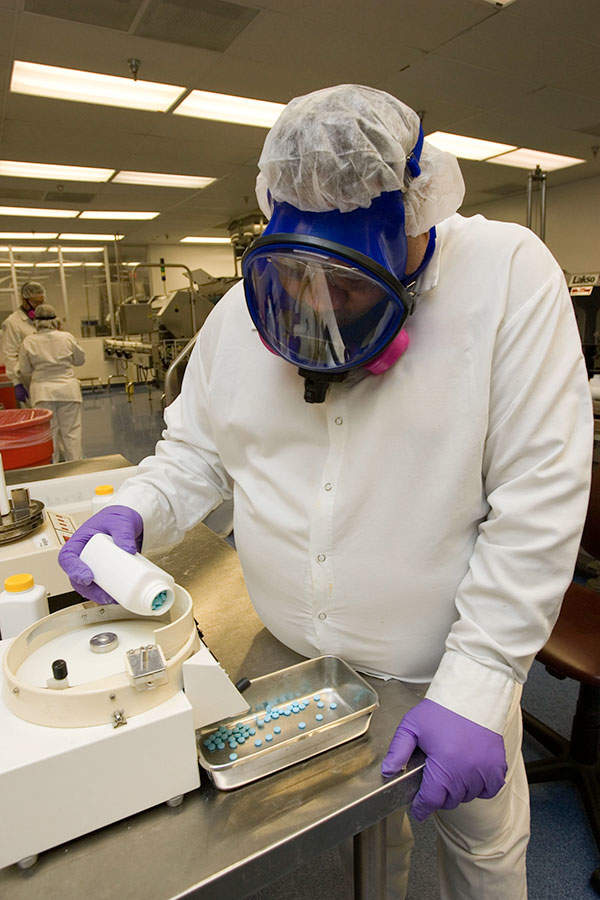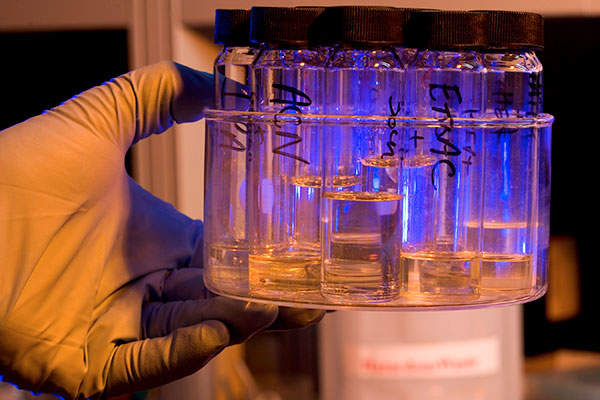Eliquis (apixaban) is an anticoagulant drug that was jointly developed by Bristol-Myers Squibb and Pfizer. It is indicated for the prevention of stroke in non-valvular atrial fibrillation (NVAF) patients.
In November 2012, Eliquis received marketing approval from the European Commission (EC) for the prevention of stroke and systemic embolism in NVAF patients.
Eliquis also received European approval for the prevention of venous thromboembolic events (VTE) in May 2012. The drug was approved by the US FDA for preventing stroke in adult NVAF patients in December 2012.
The Malaysian Drug Control Authority (DCA) approved the drug in January 2014, for the prevention of VTE, and stroke and systemic embolism in adult patients with NVAF.
Atrial fibrillation
Atrial fibrillation (AF) is a cardiac disorder where the rhythm of the heartbeat is irregular and often rapid. AF patients have five times higher risk of stroke. It can also cause chest pain or heart failure.
AF is estimated to be responsible for approximately 15% to 20% of all ischaemic strokes and 45% of all embolic strokes across Europe. AF-related strokes are more severe and dangerous than other strokes. An estimated six million people across Europe are affected with AF.
Eliquis’ mechanism of action
Eliquis contains an anticoagulant substance called apixaban that restrains the core blood clotting protein known as Factor Xa. The drug is available as a 2.5mg dose and can be orally administered twice a day.
Clinical trials of Eliquis (apixabin)
The EC’s approval of Eliquis was based on two Phase III clinical trials conducted by Bristol-Myers Squibb and Pfizer. The trials were known as ARISTOTLE and AVERROES, which together evaluated about 24,000 patients.
The first Phase III trial known as Apixaban for the Prevention of Stroke in Subjects with Atrial Fibrillation (ARISTOTLE) was conducted between December 2006 and May 2011. It was a randomised, double-blind and parallel assignment, comparing Eliquis with warfarin.
The study was conducted in 1,012 study centres worldwide. It enrolled about 18,199 NVAF patients. The primary outcome measure of the study was to confirm stroke or systemic embolism. The secondary outcome measures included confirming ischemic stroke, hemorrhagic stroke and systemic embolism.
The results of the study demonstrated that Eliquis achieved statistically significant results in preventing stroke and systemic embolism when compared to warfarin. The patients administered with Eliquis showed a 21% relative risk reduction in stroke/systemic embolism when compared to 1.27% in warfarin group.
The second Phase III study known as Apixaban in Patients with Atrial Fibrillation (AVERROES) was initiated in September 2007. It was a randomised, double-blind and parallel assignment that compared Eliquis with aspirin. It was conducted in 504 locations across the US, Canada, Belgium and Brazil.
The study enrolled about 5,600 NVAF patients. The primary and secondary outcome measures of the study included establishing the time from the first dose of the study drug to the first unrefuted ischemic stroke.
The study was terminated in August 2010 after receiving a recommendation from the Data Monitoring Committee. The results of the study showed that Eliquis was statistically superior in preventing strokes when compared to aspirin.
Bristol-Myers Squibb and Pfizer also conducted clinical trials on Eliquis for evaluating the drug as a treatment option for venous thromboembolic events (VTE). In September 2015, Bristol-Myers Squibb and Pfizer enrolled the first patient for the Phase IV clinical trial, Augustus.
Augustus is expected to enrol 4,600 eligible patients from 30 countries, and will evaluate the safety of drug in NVAF patients that have a recent acute coronary syndrome (ACS) or are undergoing percutaneous coronary intervention (PCI).
Marketing commentary
Related project
Pradaxa – Oral Direct Thrombin Inhibitor
Pradaxa (dabigatran etexilate) is an oral anticoagulant under development by Boehringer Ingelheim. Its primary indication is for prevention of venous thromboembolism (VTE) following orthopaedic surgery.
Eliquis is being marketed in all 27 European countries. The drug’s sales are expected to reach $5.2bn by 2020, and $6bn by 2022.
Eliquis faces competition from Pradaxa developed by Boehringer Ingelheim, and Xarelto jointly developed by Bayer and Johnson & Johnson.






